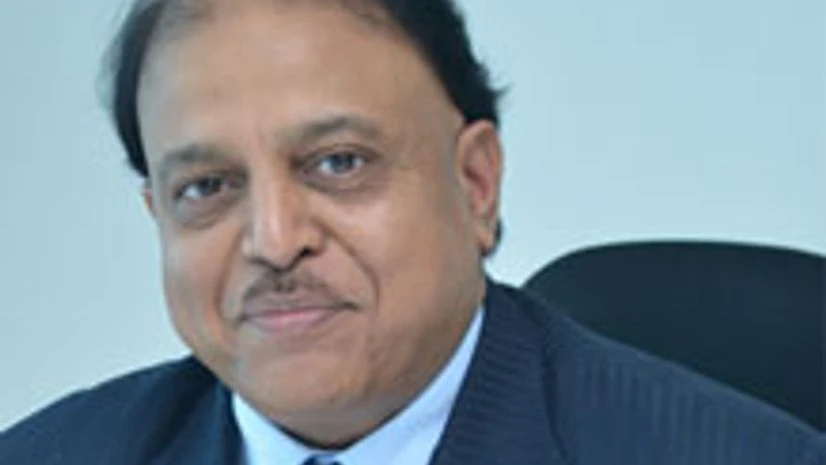VA Tech Wabag Limited, which is involved in water and waste water treatment, recently won a Rs 220-crore order for the Jica-funded Ganga Action Plan Project in Varanasi. The sector got a big boost from the Centre's statement to the Supreme Court informing the project would require a spending outlay of Rs 51,000 crore.
In an interview, its managing director & CEO Rajiv Mittal tells TE Narasimhan the company is eyeing 15-20 per cent share (worth Rs 15,000-20,000 crore) in the water treatment business emerging from the Ganga Action Plan project. The company also said it had decided to exit EPC business in China as the present ecosystem was not favourable for them.
What kind of opportunity Wabag sees in the Clean Ganga Project?
More From This Section
Sewage and effluent treatment plants have been our core competencies. We will be bidding for most of the orders in this project and we believe to bag a good portion of them, besides works for refurbishment, renovation and operation and maintenance business.
What is your plan to reap the market? Any plans to rope in a partner?
Our core strength is technology, which no other Indian company has. Traditionally, we have been utilising the European water treatment technology. In our case, we could use ‘sustainable technologies’ as a key differentiator. The company has got more than 100 patents. We are on par with the top companies in the global market and the company has won many projects on our own and if required, we may also go with partners. This will continue going forward also.
While on one side the company is seeing opportunity, what are the challenges?
The challenges would be in terms of administrative and project management skills in awarding, executing and implementing projects of this kind. Other issue is related to mechanism. The Ganga Action Plan Project comes under five states, of which, some are in the Opposition-ruled states. Unless the Centre facilitates proper financial assistance and mechanisms, execution would be a challenging task.
How was 2013-14? How do you see the next 12 months?
We are well placed in many projects and believe the fourth quarter of the current financial year would also be very good. In the next one year, we see good prospects as the Centre has ambitious plans for the water sector. In Chennai, two desalination plants were announced, one for 150 million litres per day (MLD) and the other for 400 MLD. We expect the 150 MLD plant to be tendered out first in the next two quarters.
Also, there are two desalination plants that have been announced in the southern part of Tamil Nadu in Tuticorin and Ramanathapuram. So, the next 12 months would be very interesting and would keep us busy. We have guided for a revenue of Rs 2,700 crore and we are on track to achieve it.
What is the percentage of revenue contributed by government projects?
About 70 per cent of the revenues were from the government projects.
How is the international business doing?
Recently, we bagged projects from Saudi Arabia , Turkey and Philippines. In Turkey, it is a big operation and maintenance (O&M) project. The margins in the O&M business are much higher than the engineering, procurement and construction (EPC). So, even though the projects were from overseas, the margins have been good. This year, we expect the contribution of international business to be around 60-65 per cent of the overall business.
Going forward, the ratio of India and overseas should be about 50:50. We have always been on lookout for new opportunities. We are hoping for a breakthrough in the Latin America and we are working on that. Also, we have opened a new subsidiary in Thailand to focus on the Indo-China region. For our international projects, we tie up with large local construction companies.
How was the experience in China?
After nearly 25 years of operations, we have decided to exit from the EPC business in China, while we will continue to be a technology partner for other EPC companies. The last five years had been bad for the company in China. We have not been able to compete with the local players, who had got better influence on the entire ecosystem. We can beat them when it comes to capabilities and execution of the project.
We can be cost competitive also.

)
